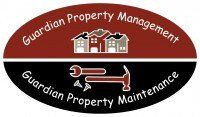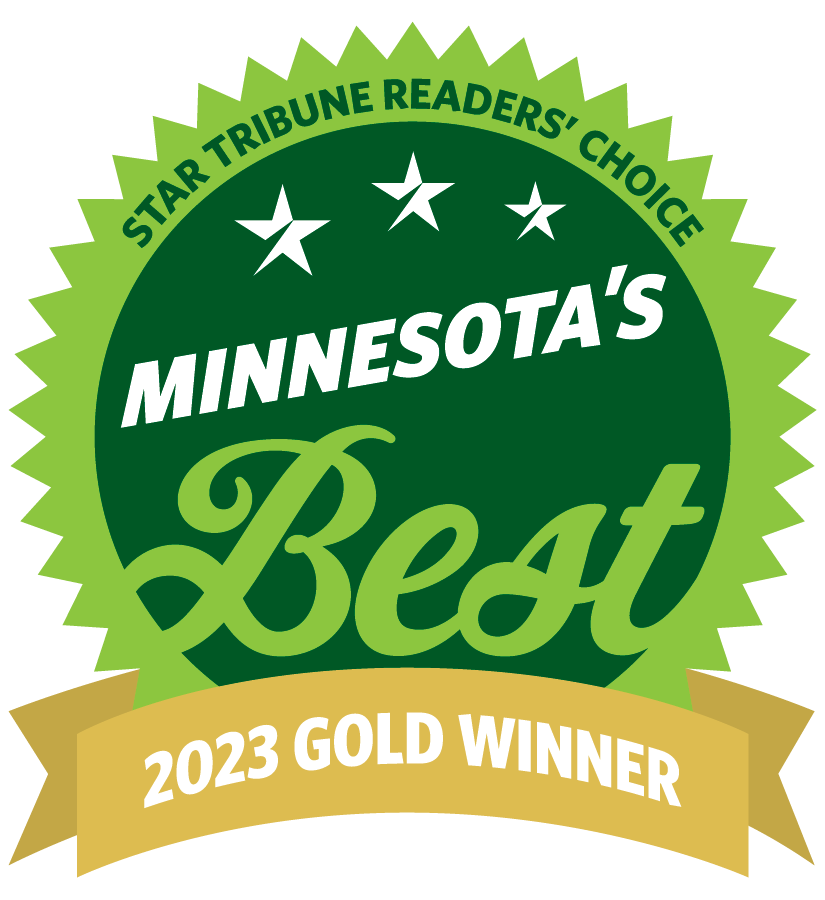Single-Family vs. Multi-Unit Property Management: Key Differences & Best Strategies

Investing in real estate can pave the way for financial freedom, but understanding the differences between multi-unit and single-family property management is essential before you get started. And just because 85 million occupied units (out of 133 million) in the USA in 2023 were single-family houses, it doesn’t mean you can disregard the opportunities offered by multi-family units.
So, it’s crucial to compare and assess whether your goals and appetite for risk are more aligned with multi-unit or single-family home property management. This will help you ensure a steady cash flow and maximize rental income. Let’s delve deeper now.
Pros and Cons of Managing Single-Family Rental Properties
Single-family houses cater to single families and are isolated units that don’t share walls with other properties. They generally come with their chunk of land, a direct private entrance, separate connections for utilities, and individual lease agreements. Property management of single-family homes has these benefits and challenges.
Pros:
- Potential for Appreciation: Due to high market demand, single-family houses appreciate quickly, adding value to your portfolio.
- Hassle-Free Financing: As a property manager for single-family homes, you will find it easy to secure financing as lenders consider these units low-risk. You can enjoy fast approval, decent loan terms (small down payments and low interest rates), and basic documentation.
- High-Quality Tenants: Financially stable families and professionals usually opt for single-family houses, treat the same with care, handle minor maintenance jobs independently, and follow lease policies closely. You get to minimize repair costs and improve the profit margin.
- Simple Management: Single-family property management is usually straightforward, involving one unit and one tenant.
- Low Turnover: Those who rent single-family units often renew their leases repeatedly, which means fewer vacancies and lower turnover. You also get to save on advertising and property preparation in between tenants.
- Flexible Exit Strategy: Single-family units have many prospective buyers (both families and investors), which makes the exit strategy flexible based on different market conditions. You can also sell a portion of your real estate portfolio without impacting other units.
Cons:
- High Maintenance Cost and Responsibility: As a single-family home property manager, you must deal with every property’s maintenance expense and will lose out on the economies of scale associated with multi-units. Depending on third-party maintenance service providers can also inflate costs and cause delays.
- Slow Scale-Up: Creating a large portfolio can take a lot of time and effort since you have to research every property, assess its market, finance the investment, and close the deal individually.
- Limited Income: With single-family units, you have just one income stream. So, if a tenant moves out, you lose your rental income completely, as there are no other units to cover the loss and ongoing expenses like taxes, mortgage payments, insurance, etc.
Challenges and Benefits of Multi-Unit Property Management
Like single-family property management, multi-unit management has pros and cons.
Pros:
- Multiple Streams of Income: You can earn from various units and have a better, more stable cash flow.
- Tenant Risk Diversification: Unlike a property manager for single-family homes, you can minimize the risk and impact of tenant turnover. If a tenant suddenly leaves or stops paying rent, you keep earning from other units while looking for a new tenant for the vacant one.
- Economies of Scale: Your operations are cost-efficient because you can spread repairs and maintenance expenses across multiple tenants.
- Easy Scale-Up: You can expand your investment portfolio quickly without too many transactions, save time, and consolidate expenses like title searches, appraisals, and closing fees.
Cons:
- Big Investment or Upfront Cost: Investing in multi-units can be expensive, especially if you have limited capital or are a new investor. Obtaining financing on decent terms (sizable down payment, high interest rate) might be challenging, or the eligibility criteria might be stringent.
- Complicated Management: Unlike single-family property management, handling multiple units can be operationally complex due to various tenants, increased maintenance needs, and stricter legal compliance. You might need software solutions or professional advice to manage your finances.
- Lengthy Selling Process: Selling multi-units can take time and involve more negotiations due to a smaller pool of prospective buyers.
What Is the Difference Between Single-Family and Multi-Unit Property Management?
Here are the differences between multi-unit and single-family property management across key parameters:
Location
- Single-family: These units are standard in residential or suburban areas and draw tenants who value the outdoors, personal space, convenient commute, good schools, family-centric amenities, backyards, and easy access to major cities.
- Multi-unit: Such properties are found commonly in high-density or urban regions and attract tenants who focus on affordability, convenience, entertainment, public transport, and proximity to workplaces.
Maintenance
- Single-family: Such properties are easier to manage and have fewer maintenance problems. However, repair costs per unit can be high.
- Multi-unit: Multiple units can complicate maintenance, but you might benefit from bulk pricing on repair services due to economies of scale or get good deals on big jobs.
Financial Flexibility
- Single-family: As a single-family home property manager, you need to make a lower upfront investment and can expect good value appreciation over the long run. Though profits roll in slowly, the stress is less, and you can sell the house easily.
- Multi-unit: Though these require a significant upfront investment, they generate more rental income and allow you to spread any financial risk across numerous tenants.
Stability
- Single-family: A vacancy translates to zero rental income, though such houses offer long-term stability if you find the right tenant.
- Multi-unit: Even if a few units are vacant, you still earn from the occupied ones and minimize the impact on your profitability.
Key Strategies for Successful Property Management
Whether you invest in a single-family home or multi-unit will depend on your financial situation, goals, risk tolerance, management responsibilities, and market conditions. For instance, single-family houses are a better option if you want something simple to manage and don’t have a lot of capital. However, multi-units are a safer bet if you want to minimize risk. In either case, you might wonder how to choose the right property management approach for your investment. So, here’s what to follow in both types of investment:
- Advertise Properties Intelligently: Leverage various digital channels to market your properties effectively and reach a wider audience. Use professional photographs and virtual tours to encourage swift decision-making.
- Streamline Tenant Screening: Customize rental application forms online based on the property and your specific needs. Accept filled-in forms online to reduce paperwork and review and compare them using relevant software. Conduct background checks on potential tenants, review their eviction and credit history, and find out if there are any criminal charges against them.
- Craft a Transparent Lease Agreement: Ensure all terms and conditions are clear and understandable. Resolve any doubts your potential tenants might have and list the consequences of not adhering to the agreement's rules.
- Simplify Rent Collection: Whether it comes to multi-unit or single-family home property management, allow tenants to pay rent through different channels (credit card, online transfer, etc.).
- Be Smart with Maintenance: Offer tenants a simple online portal to submit requests for maintenance or repairs. Track and manage them all easily and document every maintenance activity undertaken and the associated cost.
- Store and Organize Documents: Use online tools for safe and efficient recordkeeping.
Conclusion
By now, you have a fair grip on the pros and cons of multi-unit and single-family property management and the distinction between the two. You are also aware of the key strategies that will help manage either type of investment. However, investing in and managing a single-family or multi-unit home can be challenging.
Fortunately,
can help by guiding your investment decision and handling everything related to management – from tenant screening, inspections, and lease preparation to rent collection, maintenance, and accounting.
The top
rental management companies in Minneapolis, MN
, have the knowledge, experience, and expertise necessary to ensure maximum return from your investment.
Consult Guardian Property Management for Single-Family Homes or Multi-Units
Whether you are planning to invest in single-family homes or multi-units,
can help you do so in an informed manner. Our team can offer end-to-end services and take care of formalities, legalities, and every little detail of property management. For personalized advice,
get in touch with Guardian Property Management
today.
Call us at 651-287-2011 or send an email to
.















